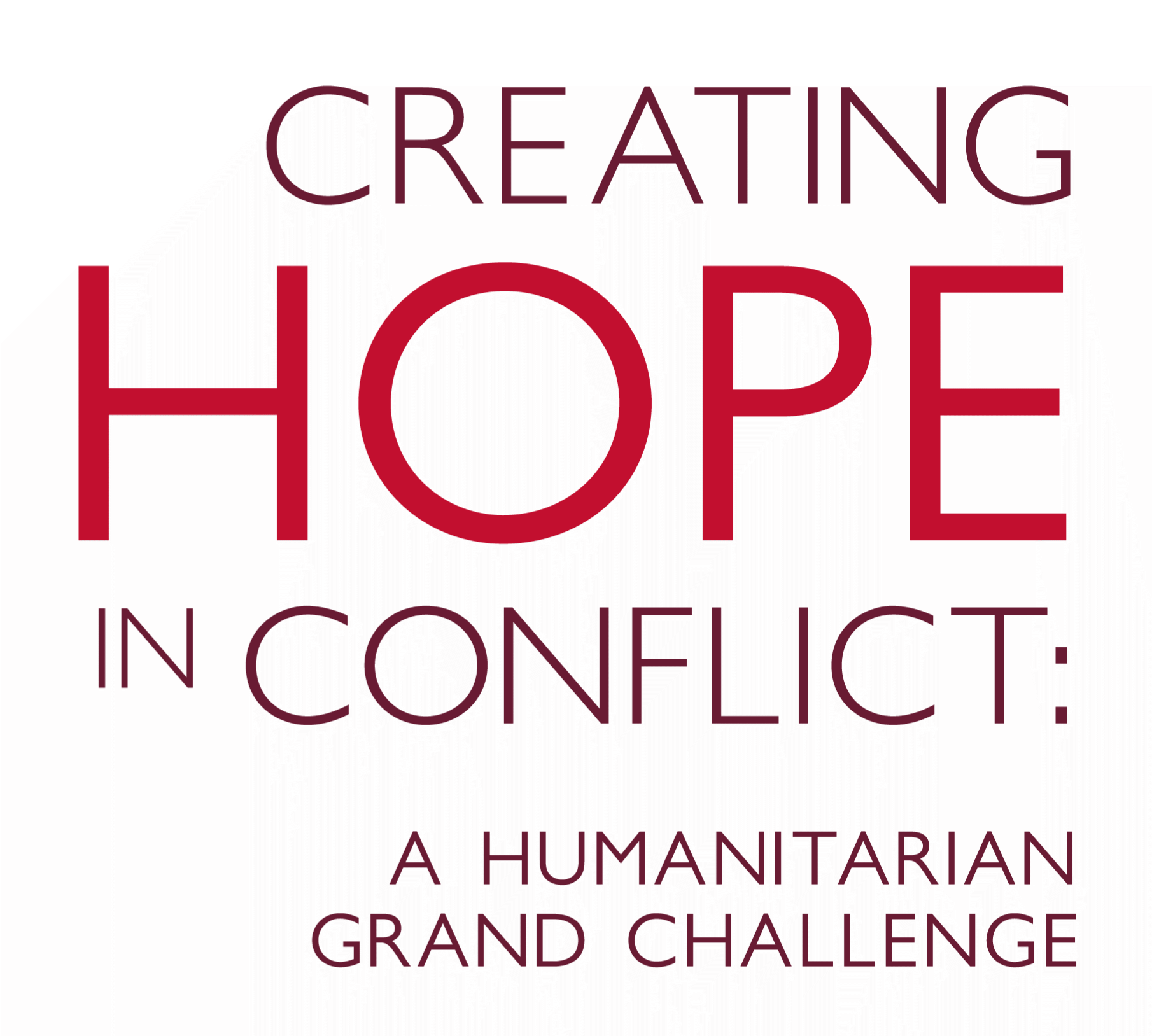In today’s digital age, the urgency to counter harmful misinformation, disinformation, and hate speech (MDH) in humanitarian settings affected by conflict has never been greater. Creating Hope in Conflict (CHIC) recently hosted a launch panel event for our latest scoping study, which explores the complexities of MDH in conflict zones. The study offers a comprehensive overview of the operational challenges, opportunities, and strategic approaches for countering MDH in humanitarian contexts.
The panel featured experts and leaders who brought diverse perspectives to the discussion:
- Fawad Akbari, Senior Director of Humanitarian Innovation and Program Optimization at Grand Challenges Canada.
- Anahi Ayala Iacucci, Independent consultant and author of the scoping study.
- Joelle Rizk, Digital Risks Advisor at the International Committee of the Red Cross (ICRC).
- Helen McElhinney, Executive Director at the CDAC Network.
Moderated by: Zainah Alsamman, Senior Manager and Portfolio Lead, Humanitarian Innovation, Grand Challenges Canada.
Watch the session recording to learn more about our findings and the insightful discussion that took place during the event on November 6, 2024.
Key Takeaways
The Global Challenge of Misinformation
Dr. Fawad Akbari highlighted the pervasive nature of MDH and its impact on humanitarian efforts:
“In today’s increasingly digital world, misinformation poses a global challenge that affects every country and context. The weaponization of information, especially with the rapid spread of artificial intelligence, has become a common feature in crises, undermining trust and complicating humanitarian responses.”
He emphasized the critical need for innovative solutions and improved coordination among humanitarian actors to effectively tackle MDH.
The Need for Community-Driven Approaches
Anahi Ayala Iacucci shed light on the complexities of addressing MDH:
“We are still approaching misinformation, disinformation, and hate speech from a very top-down perspective. What’s missing is a dedicated, locally-led approach that empowers communities to address these challenges themselves.”
She stressed the importance of shifting towards community-driven solutions and enhancing coordination among donors and organizations to create a more cohesive response ecosystem.
The Human Impact of MDH
Joelle Rizk spoke about the profound effects of MDH on individuals in conflict settings:
“Imagine being in a situation where you’re already navigating fear for the safety of your loved ones, and on top of that, the information ecosystem becomes a source of risk. Your very ability to discern truth becomes part of the conflict environment, complicating your decisions and increasing your vulnerability.”
She highlighted how harmful information exacerbates the challenges faced by affected populations, underscoring the need for approaches that bolster community resilience and trust.
The Evolving Role of Technology
Helen McElhinney discussed the dual-edged nature of technology in the spread and combat of MDH:
“Technology offers incredible opportunities, but it’s also changing rapidly. We need to be fast and agile in our responses, working across the sector to keep people aware of new developments and focusing our attention where it’s most needed.”
She emphasized that while AI and other technologies can aid in countering MDH, they also introduce new challenges that require collective vigilance and adaptability.
The Need for Critical Dialogue and Collaboration
Dr. Akbari underscored the importance of fostering collaboration and addressing barriers:
“Improving coordination is perhaps the most important aspect. Lack of coordination between various actors is a key challenge in implementing effective strategies against MDH. By working together, we can enhance our collective impact.”
He called for better coordination among technical actors, funders, and organizations to tackle MDH more effectively in conflict settings.
Strengthening Trust in Conflict Zones
In conflict settings, trust is invaluable. CHIC supports innovations that aim to ensure that people in conflict zones receive accurate and timely information, strengthening their trust in humanitarian assistance and enhancing their safety.
The launch event highlighted the complexity of combating MDH in humanitarian contexts and the necessity for coordinated, innovative, and community-focused strategies. The scoping study serves as a resource for organizations seeking to understand and address the multifaceted challenges posed by MDH in humanitarian contexts.
Looking ahead, CHIC will use these insights to guide our investment strategy for the next strategic period.
Access the full scoping study here.
